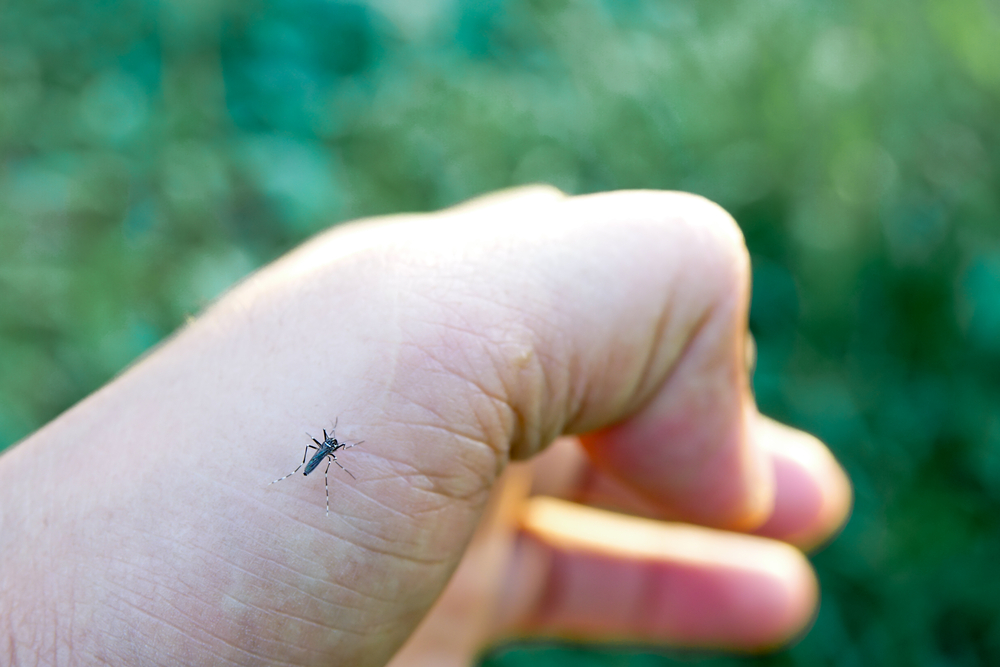Wyoming Department of Health Reminds Residents to Be Cautious About West Nile Virus Due to High Levels of Ongoing Activity
September 5, 2025

The Wyoming Department of Health (WDH) is reminding residents to be cautious about mosquito bites due to ongoing West Nile Virus (WNV) activity. As of September 4, 2025, 11 people have been reported with WNV, including six with severe disease and one death.
“We are still seeing a lot of WNV activity in Wyoming,” said Courtney Tillman, Epidemiologist at the WDH. “We want to remind everyone to take steps to prevent mosquito bites.”
WNV has been detected in mosquitoes, animals, and humans throughout the state, but the eastern half of the state is seeing high levels of WNV activity.
To prevent mosquito bites and mosquito breeding, and to protect yourself and your loved ones:
- Drain standing water – Mosquitoes lay eggs in shallow, standing water. Prevent mosquitoes from laying eggs around your home by draining standing water and removing objects that collect water. This includes keeping gutters cleaned and free of debris.
- Control mosquito larvae – Use larvicides, such as Bacillus thuringiensis israelensis, in water that does not drain, including ornamental ponds and water features. Always follow product instructions.
- Use window screens – Mosquitoes may try to come indoors. Use tightly-fitted screens in windows to prevent them from entering.
- Keep lawns trimmed and weed-free – Mosquitoes use tall grass and weeds as resting spots. Keep grass trimmed and weeds removed to keep mosquitoes away.
- Use insect repellent – When spending time outdoors, use an Environmental Protection Agency (EPA) approved repellent containing DEET, picardin, Oil of Lemon Eucalyptus, or IR3535. Always follow label instructions when applying insect repellents. Many repellents are safe for children and babies and wash off at bathtime.
- Wear long-sleeved shirts and pants – Wear loose-fitting long-sleeved shirts and pants while outdoors. Treating outdoor clothing with permethrin can add an extra layer of protection.
- Avoid dawn and dusk – Mosquitoes that spread WNV are most active during dawn and dusk. Avoid being outdoors during these times.
Most people who are infected with WNV will not develop symptoms and may never know they were infected. About 20% of people will develop mild symptoms, including fever, headache, and body aches. A small number of people (less than 1%) will develop serious illness, which can include inflammation of the brain and spinal cord. Severe illness can include neck stiffness, disorientation, coma, tremors, muscle weakness, numbness, and paralysis. Severe illness typically requires hospitalization and can result in death.
Anyone can develop mild or severe illness if they are infected with WNV. However, the risk of illness increases with age or for those who have a chronic medical condition such as a weakened immune system, cancer, diabetes, high blood pressure, or kidney disease.
The WDH urges clinicians to consider WNV disease in patients with flu-like symptoms or unexplained neurological symptoms.
Information from the WDH about WNV can be found at badskeeter.org.
